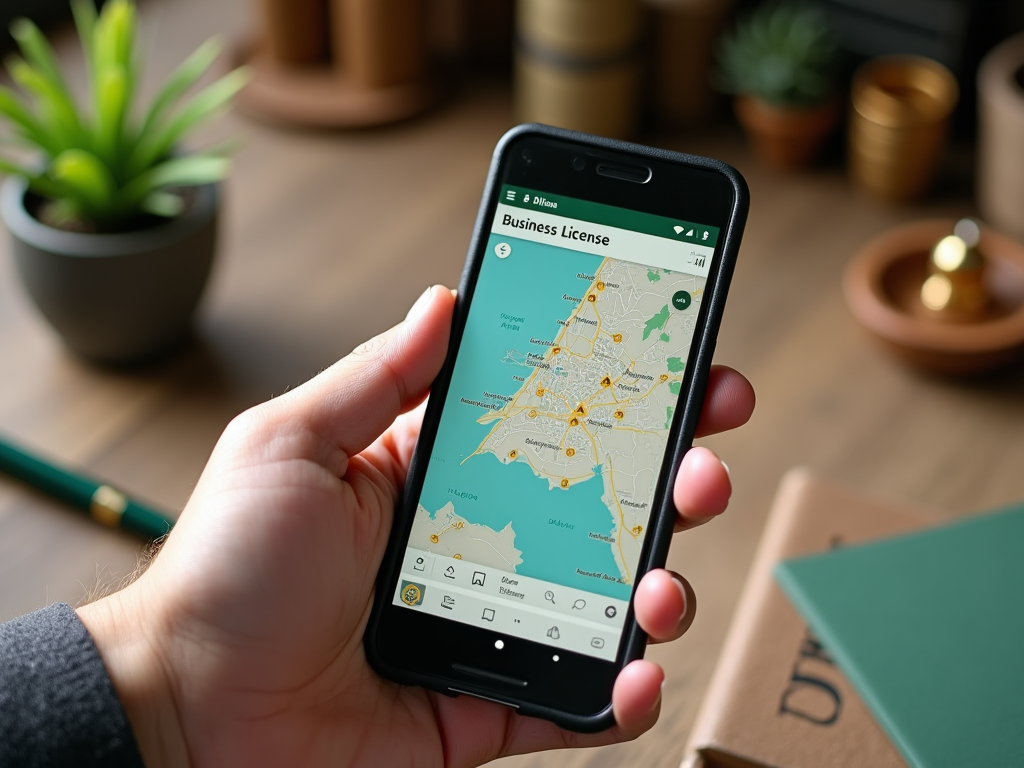Starting a business in Dubai as an Indian entrepreneur is an exciting opportunity due to its strategic location, thriving economy, and favorable business climate. The UAE, particularly Dubai, offers various business setups, including free zones that provide 100% ownership and zero personal income tax. This article provides a step-by-step guide on how to successfully establish your business in Dubai, covering everything from the initial planning phases to legal requirements.
Understanding the Business Environment in Dubai

Dubai is recognized for its robust economic framework, which is conducive to both local and international business ventures. The city is known for its strategic positioning that connects various continents, making it an ideal place for trading, logistics, and innovation. Additionally, the government provides numerous incentives to foreign investors, enhancing the attractiveness of starting a business here. As an entrepreneur from India, it’s crucial to familiarize yourself with the local market trends, cultural aspects, and regulatory environment to position your business for success.
Some characteristics of Dubai’s business environment include:
- Progressive government policies favoring foreign investment.
- Diverse economic sectors, including tourism, trade, and technology.
- Availability of world-class infrastructure and facilities.
- Supportive ecosystem for startups with incubators and accelerators.
- Robust logistics and trading channels connecting east and west.
The Process of Setting Up Your Business in Dubai

Establishing a business in Dubai involves several key steps that ensure compliance with local laws and regulations. Below is a detailed breakdown of the process:
- Define Your Business Structure: Choose the right legal structure for your business, whether it’s a sole proprietorship, partnership, or limited liability company (LLC).
- Choose a Business Activity: Identify the activity your business will focus on, as each activity may have specific licensing requirements.
- Select a Trade Name: Choose a unique trade name for your business, ensuring it complies with the UAE’s naming regulations.
- Apply for Business License: Depending on your business structure, you will need a relevant trade license from the Department of Economic Development (DED) or relevant free zone authority.
- Secure Premises: Find and rent a local office or commercial space that meets the demands of your specific business type.
- Obtain Additional Approvals: Some businesses may require additional permits or approvals from other government bodies.
- Open a Corporate Bank Account: Once you have the necessary licenses, open a bank account specifically for your business activities.
When starting a business in Dubai, abiding by local laws and regulations is vital. The UAE has specific legal frameworks in place governing business practices, including free zone regulations and labor laws. As an Indian entrepreneur, it’s beneficial to consult with local legal experts to navigate these complexities. Some primary legal considerations include:
- Understanding the implications of corporate and personal taxation, even in tax-free zones.
- Compliance with employment laws and regulations, including labor contracts and worker rights.
- Awareness of trade regulations, including import and export laws if you’re operating in trading sectors.
- Securing intellectual property rights for your products or services to protect against infringement.
- Abiding by advertising and marketing regulations to avoid fines and restrictions on your promotional strategies.
Funding Your Business Venture
Securing funding is a critical step for any entrepreneur wishing to establish a business. Dubai offers a range of funding options to consider: bank loans, angel investors, venture capitalists, and even government grants for specific sectors. Each option has its own benefits and drawbacks, so evaluating your needs and how quickly you want to scale your business is essential. Below are some strategies and resources for funding your business:
- Bootstrapping: Use personal savings to fund your initial setup and minimize debt.
- Business Loans: Approach local banks for loans tailored for startups and small businesses.
- Investor Networks: Connect with local investor networks that focus on startups in the UAE.
- Government Grants: Look for government initiatives aimed at promoting entrepreneurship among expatriates.
- Crowdfunding: Leverage online crowdfunding platforms to raise capital by reaching out to a broader audience.
Conclusion
Starting a business in Dubai as an Indian entrepreneur can be a lucrative venture with the right approach and preparation. With a supportive government framework, a diverse economy, and access to a thriving market, Dubai provides numerous opportunities for growth and success. By understanding the local business landscape, securing the necessary permits, and identifying suitable funding mechanisms, you can establish a successful enterprise. Embrace the potential the UAE offers and take the necessary steps to realize your entrepreneurial dreams in Dubai.
Frequently Asked Questions
1. What type of business can I start in Dubai as an Indian?
As an Indian entrepreneur, you can start various businesses in Dubai, including trading, tourism, technology, healthcare, and many others, depending on the market demand and your expertise.
2. Do I need an Emirati partner to start a business in Dubai?
In mainland Dubai, you typically need a local Emirati partner if you’re establishing a business outside of a free zone. However, free zones allow 100% foreign ownership without the need for a local partner.
3. How long does it take to set up a business in Dubai?
The time to set up a business can vary but generally takes between 1 to 3 months, depending on the business structure and the efficiency of obtaining necessary licenses and permits.
4. Are there any taxes on businesses in Dubai?
Dubai offers a tax-friendly environment, with 0% personal income tax and minimal corporate taxes for specific sectors. However, it’s essential to be aware of renewed VAT implications and regulations.
5. Can foreigners own property for their business in Dubai?
Yes, foreigners can own property in Dubai, particularly in designated free zones and certain areas of the city, allowing for the establishment of businesses there.





